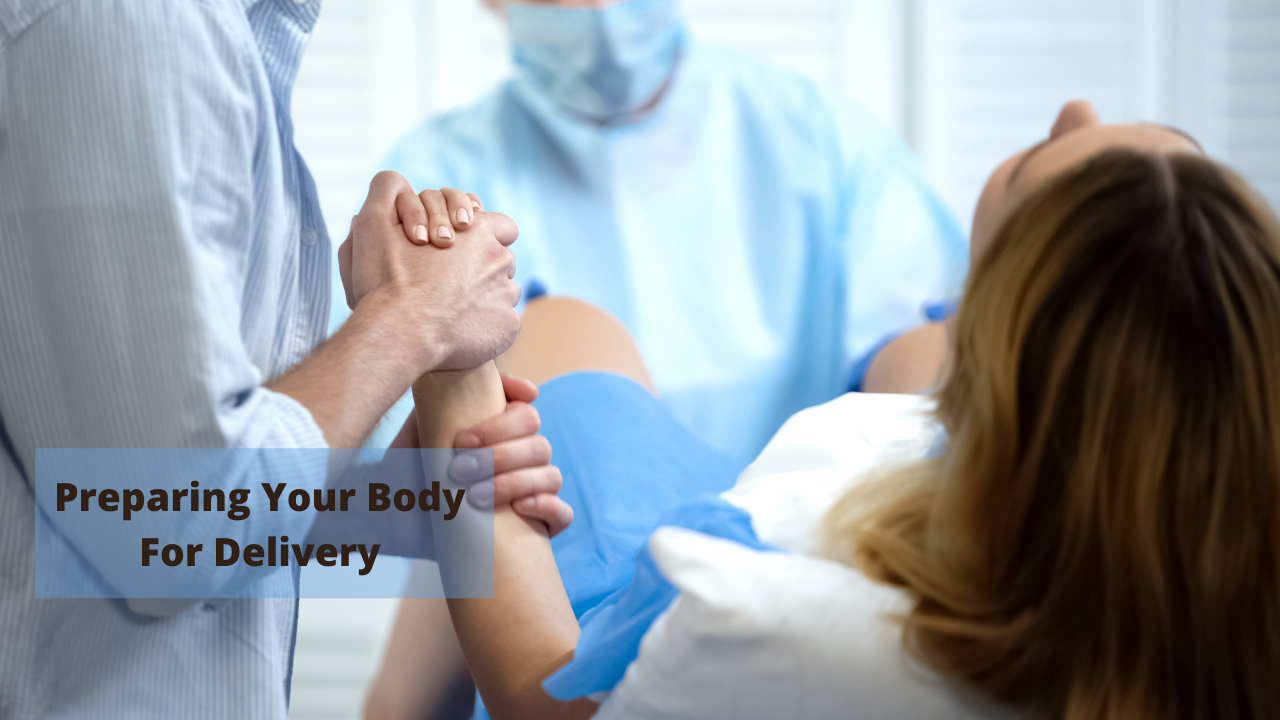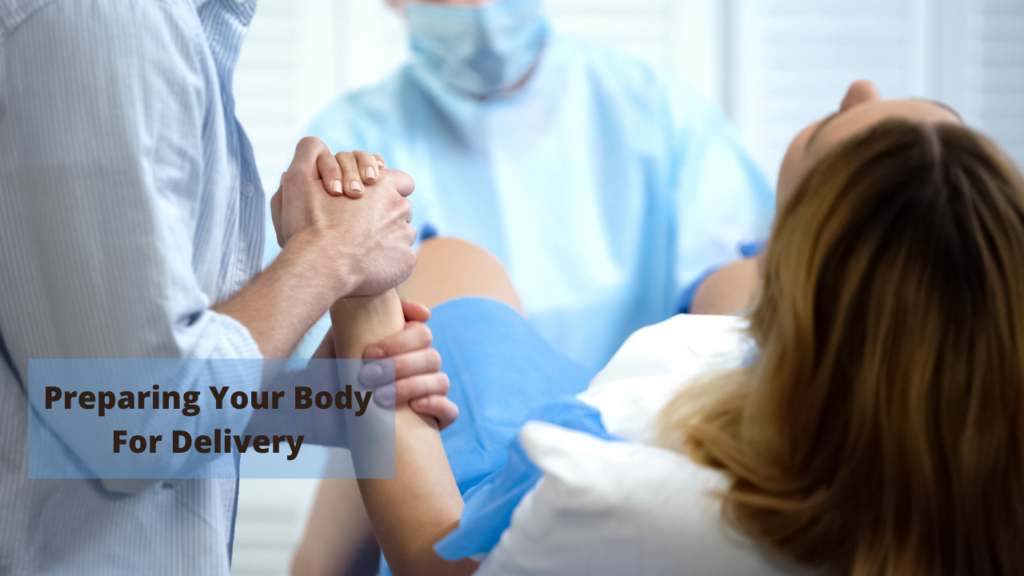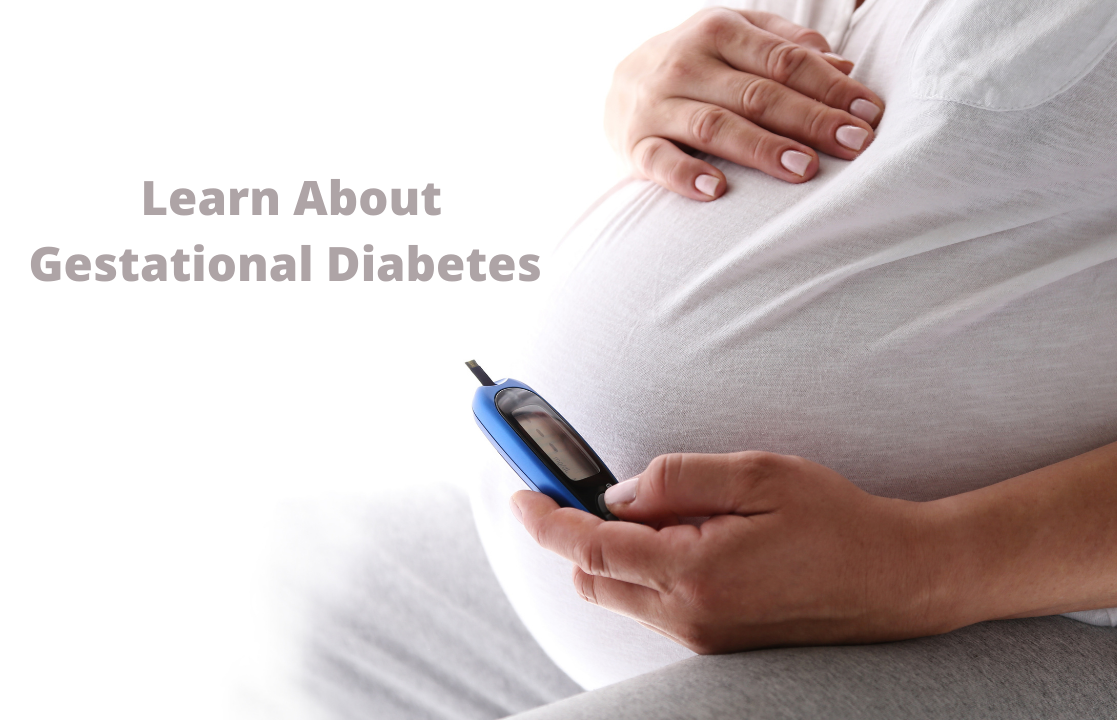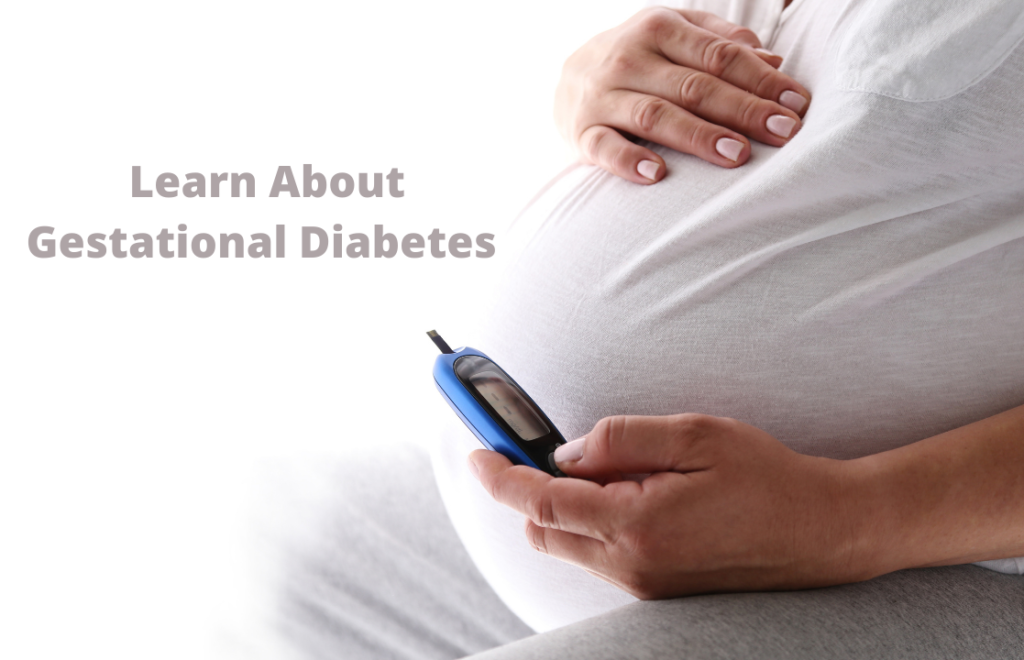Author – Dr. Asha Hiremath MBBS, MD
Consultant – Obstetrician, Gynaecologist & Laparoscopic Surgeon at Motherhood Hospital, Indiranagar, Bangalore
When any part of the urinary system is infected, it is referred to as urinary tract infection (UTI) or bladder infection. Urinary tract comprises kidneys, ureters, bladder and urethra, where usually bacteria from outside can infect the urinary system concurring to problems, like an infection or inflammation. Though it is apparent in all the age groups, it is commonly seen during pregnancy. The prevalence of UTI increases in young women where during pregnancy the incidence of physical and hormonal changes lead to chances of developing a UTI.
The entry of bacteria into the urinary tract leads to its multiplication where painful urination and other symptoms become prevalent. During pregnancy, the levels of progesterone and estrogen increase which leads to the weakening of the bladder and the ureters, along with the changing anatomy of kidneys and compression of uterus and bladder. This makes it prone to UTI whereupon the excess sugar in the urine encourages bacterial growth. Therefore, it is important to consult a gynaecologist and obstetrician during pregnancy and receive urinalysis and urine culture at 12 to 16 weeks.

It is always recommended to visit the best gynaecologist nearby during the early weeks of pregnancy to look out for any prevailing conditions. Besides, there can be some symptoms that correspond to UTI whereby it becomes necessary to see your healthcare provider. Common symptoms of UTI can be:
- Strong and frequent urge to visit the bathroom
- Burning sensation while urinating
- Passing small amounts of urine
- Cloudy, red or pink colored urine
- Foul smell in the urine
- Pelvic pain
While these symptoms are noticeable, pregnant women can also have asymptomatic UTI’s where there are no signs or symptoms. As it progresses, it can lead to other developing symptoms or problems like symptomatic UTI or even kidney infection which requires immediate treatment.
With respect to treatment, UTI’s can be prevented in the first place by:
- Trying to empty your bladder frequently
- Wearing cotton underwear
- Trying to avoid perfumes or sprays
- Staying hydrated by drinking ample amount of water
- Avoiding the use of harsh soaps or body wash in the genital area
When it comes to treatment, most UTI’s are treated using antibiotics. While during pregnancy the treatment would be the same where the antibiotics are safe for mother and baby usually following the 3-day low-dose and long term course. Antibiotics commonly used include amoxicillin, ampicillin, cephalosporin’s, etc. Besides, a doctor may also prescribe some pain relieving medications to get relief from the discomfort of UTI. When a UTI is recurring, a doctor may carry out some tests, like urine culture test (diagnosing the bacterial cultures in urine), visual bladder and urethra exam or CT scan of the urinary tract.
There are some home remedies that may be suggested for UTI, such as:
- Consuming acetaminophen to get relieve from pain and reduce the fever
- In case of stomach discomfort, placing a hot bottle on the lower stomach may relieve from it
- In order to flush out the bacteria from the urinary tract, plenty of water should be drunk
- Having a plenty amount of rest so that the body can fight the infection
If urinary tract infection remains untreated, it can involve kidneys and become more dangerous. In rare cases, chronic UTI’s may lead to sepsis (blood poisoning) if left untreated.
Therefore, a person should tend to the early signs of infection and take the prescribed antibiotics as soon as possible. Moreover, it is important to closely work with your healthcare provider and ask for further treatment if UTI keeps recurring.
At Motherhood Hospitals, we have a team of experienced super specialists backed by the latest in infrastructure and facilities. We have the best Gynaecologist in Indiranagar, Bangalore. We are experts in handling complex deliveries, gynaecological, and other surgeries including a range of laparoscopic surgeries.
Do take an appointment with the best Gynaecology hospital in Indiranagar, Bangalore at a centre closest to you. Meet with our doctors who will carry out the required investigations, diagnose the issue and recommend the most appropriate treatment, enabling you to lead an active life.
If you wish to get in touch with Dr. Asha Hiremath please book your appointment here.


 Toll Free Number
Toll Free Number























